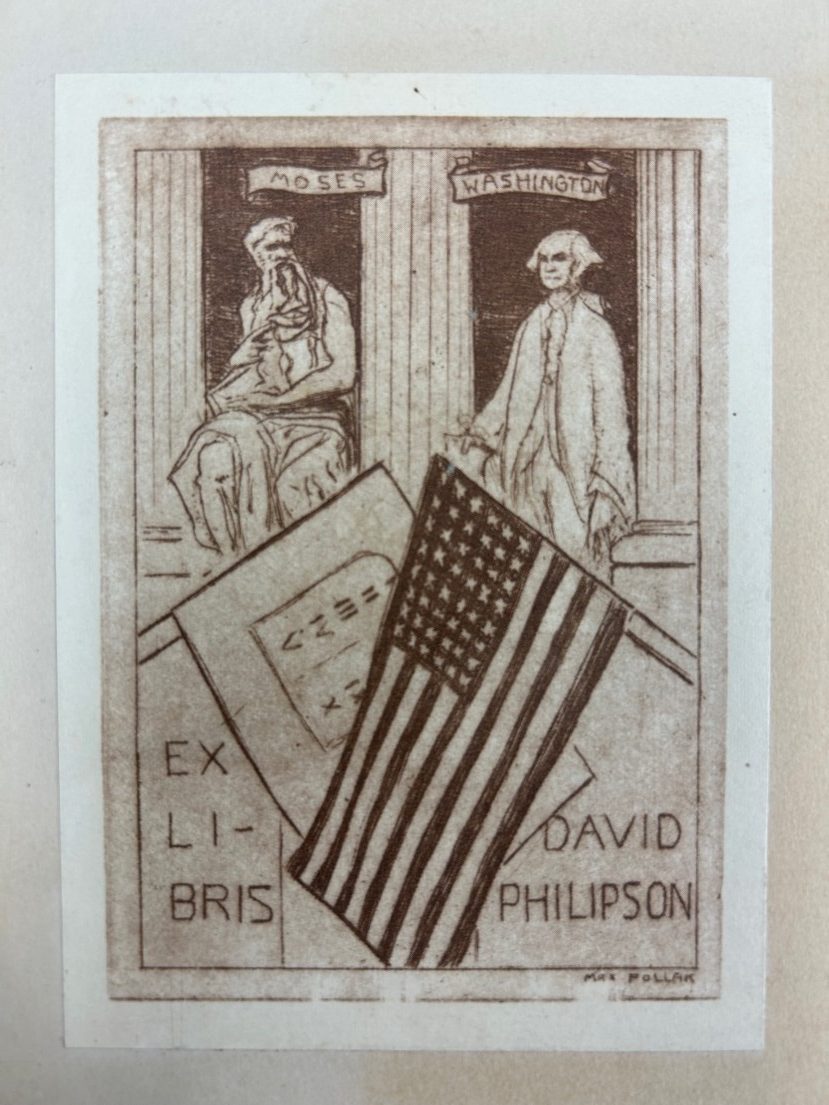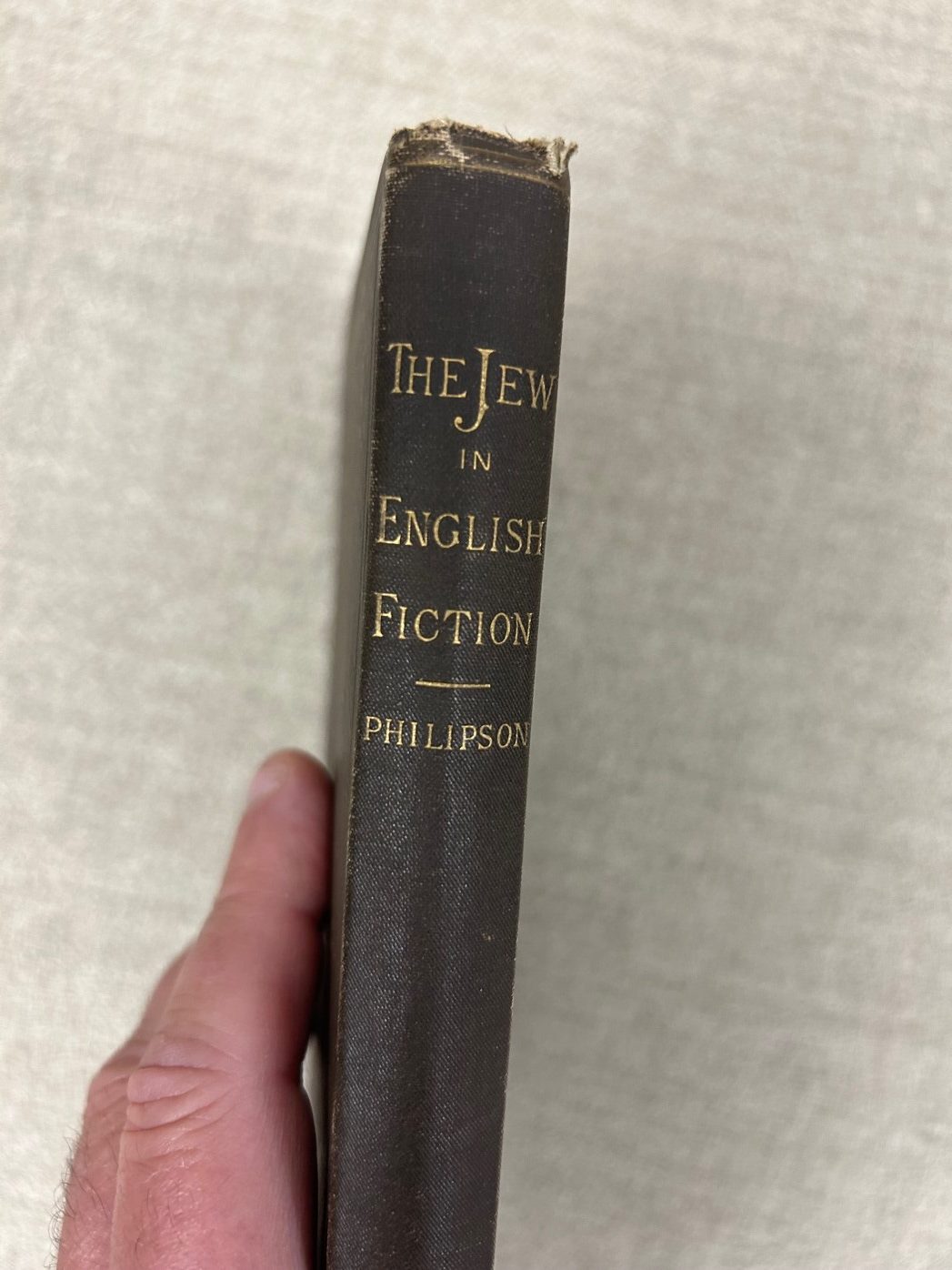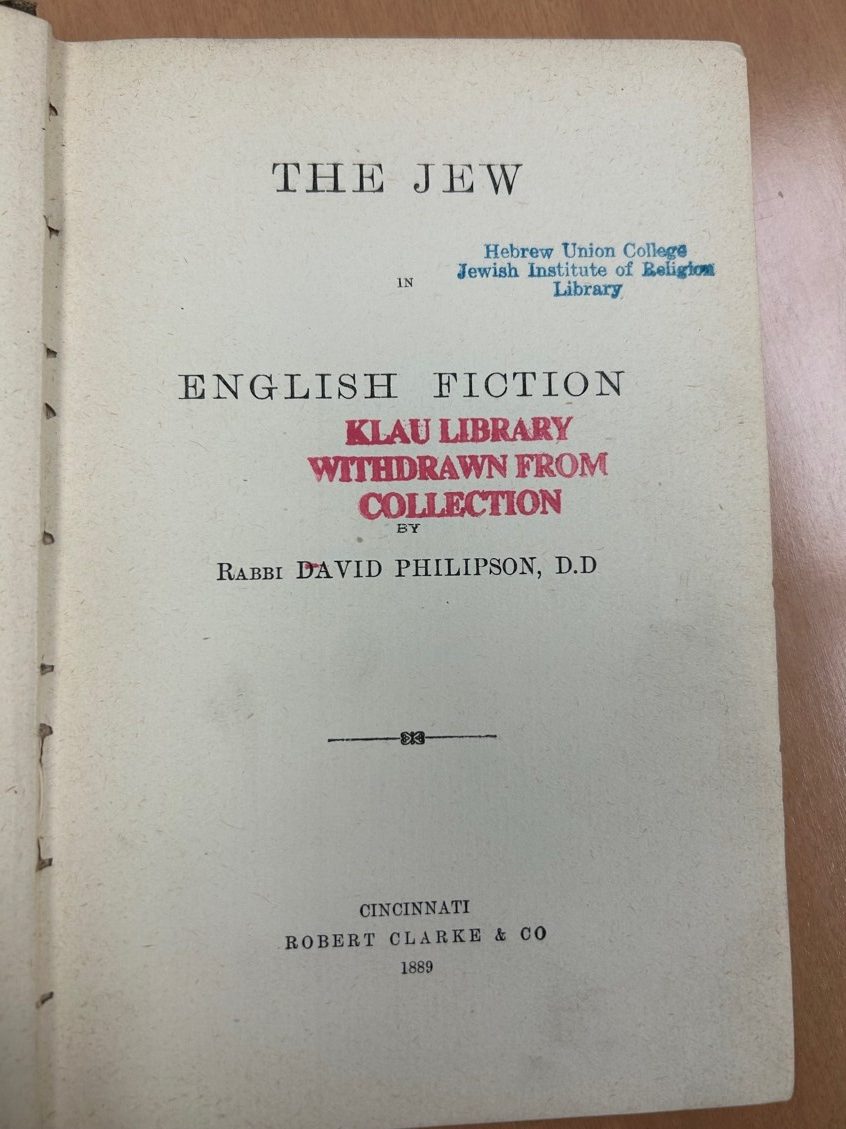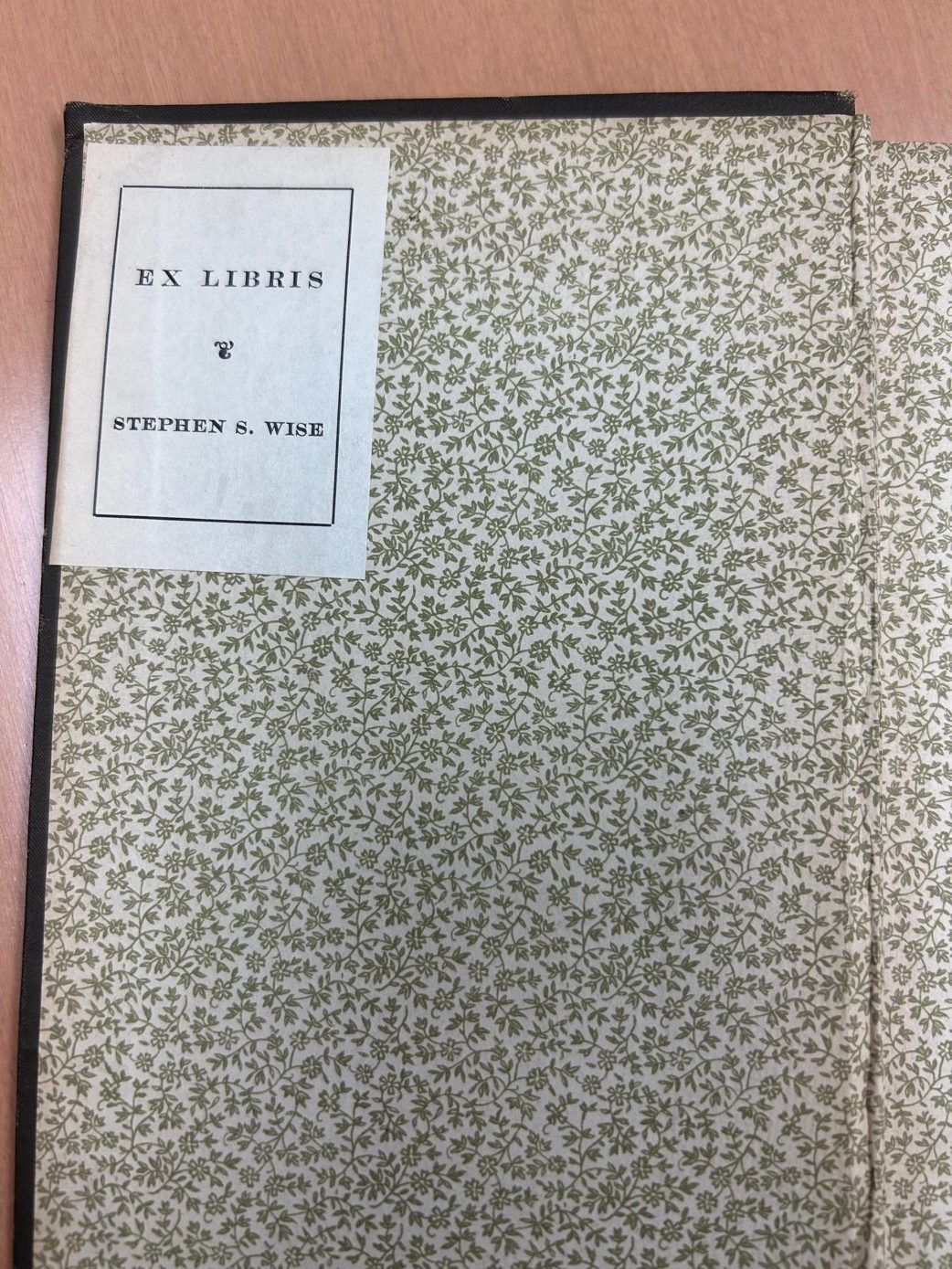Kol Nidre Sermon, September 24, 2023
By Rabbi Mark Glickman
In one of the Talmud’s most famous stories, a non-Jewish man goes up to the great Rabbi Shammai and says, “Convert me to Judaism on the condition that you teach me the entire Torah while standing on one foot.” Shammai presumably muttered under his breath something to the effect of “I can’t teach you the whole Torah while standing on one foot,” and Shammai pushed him away with a builder’s tool that he was holding.
The non-Jew then approached Shammai’s colleague, Rabbi Hillel, and asked him the same question. “Convert me to Judaism on the condition that you teach me the entire Torah while standing on one foot.” Hillel’s response was different. Hillel converted the man, and then said,
“What is hateful to you, do not do to your neighbor. That is the entire Torah. The rest is commentary. Now go and study.”
Hillel’s response is as profound as it is simple. The Golden Rule – or at least Judaism’s version of it – is the Torah. And everything else – all the stories, the rituals, the social laws, and all the rest – is simply a commentary on this verse.
Many people who study this passage forget the second part of what Hillel said – the “go and study part” – but that part is just as important as the first part, because figuring out how to keep that Golden Rule can be very complicated.
Nonetheless, Hillel argued that the entire Torah can be boiled down to that single ethical principle, a principle that could easily be taught to a curious student while standing on one foot, and that Judaism’s essential teaching is all based on not doing to others what we wouldn’t want others to do to us.
Jump ahead 2000 years. My friend and colleague, Rabbi Marla Subeck-Spanjer, tells the story about how, as a young, single rabbi, she took a position at a small congregation in Winston-Salem, North Carolina. Shortly after she arrived, she broke her ankle in several places and had to move around on crutches with her leg all bandaged up. One day, she went to a community meeting of some sort, where she got a name tag, saying “Hello, my name is Rabbi Subeck.” After the meeting, having forgotten to take off the name tag, she crutched her way into a store across the street from her temple to do an errand. As the then Rabbi Subeck stood at the counter, tottering on her one working foot and two crutches, the storekeeper, looked at her nametag and said, “Oh, you’re a rabbi? I’ve always wondered about Judaism. Tell me all about it.”
There she was, in Winston-Salem, North Carolina, being asked to tell a non-Jew all there was to know about Judaism while standing on one foot. “The worst part about it,” she told me later, “was that there was nobody there I could laugh about it with!”
Laughter aside, the question that the non-Jewish interrogator from the Talmud posed to these hopping rabbis is an important one. What, when it comes right down to it, is Judaism all about? We know, of course, some of the tangential things that Judaism is all about. It’s about kugel and knishes, bagels and bialys, synagogues and federations, Shabbat and Yom Kippur, and other holidays too numerous to list. It’s about that indescribable connection we sometimes feel with other Jews. It’s about study and Tikkun Olam, wonderful music, and it’s about responding to every mention of Israel in the media with an impressed “Oh, wow,” a pained “Oy vey,” and usually some combination of the two. It’s about what in Yiddish we call Yiddishkeit – Jewishness – in all of its many and various dimensions.
But what is it essentially? What is it at its core? Hillel gave one answer, and it’s an important one. Tonight, I’d like to add a couple of other answers that other sages from our tradition provided, each with wisdom of its own.
One of those answers comes from the great Rabbi Akiva. To the best of our knowledge, Rabbi Akiva wasn’t ever approached by a non-Jew hopping on one foot and demanding answers about the Torah, but he did offer his own teaching on what he saw as Judaism’s core principle. The Midrash teaches us that Akiva said that the greatest principle of Torah is a simple, three-word teaching from Leviticus – the portion that we read on Yom Kippur: “V’ahahvta l’re’echa kamocha. Love your neighbor as yourself.”
It’s a simple phrase, but it too, like Hillel’s favorite, is rife with complexity. The Torah commands us to “love our neighbor.” How can God reasonably command us to love anything? God can command us to do all kinds of things, but to love? When my kids were little, I tried commanding them to love brussels sprouts. It didn’t get me very far at all. Later, I tried telling them to love the people whom I had chosen to be their spouses, and, to my dismay, I learned that things just don’t work like that anymore. Love is a feeling and feelings (if you’ll excuse the mixed metaphor) have minds of their own. Love doesn’t happen on command; it’s far more spontaneous than that.
Plus, the Torah says that we should love our neighbor as ourselves. That’s odd. The Torah could have just said “Love your neighbor” and called it good. But it added this “as yourself” part. What if I don’t love myself very much? Does that mean I can be a jerk to my neighbor? And what if I show love to myself by letting myself eat pancakes three meals a day? Does this mean I should constantly feed pancakes to my neighbor, too? Probably not.
I don’t know for sure what God really meant by this commandment, and I don’t know for sure why Akiva chose it as the Torah’s core principle. But I have a feeling that it had something to do with Judaism’s constant insistence that we look beyond ourselves. Judaism refuses to let us get stuck on what’s inside us, and instead always demands that we translate our inside feeling into outside action. In Judaism, it’s not good enough to think about lighting Shabbat candles, you actually have to light them. It’s not good enough to feel compassion for the suffering of other people, though that’s important. Our compassion only counts when we translate it into action – visiting the sick, sharing with the poor, helping the fallen stand up. Outside things.
Telling us to love our neighbors as ourselves, I think, is a command to take what we know on the inside and cast it outward. You know yourself pretty well (even though your spouse or your therapist might know you better), and, Sigmund Freud notwithstanding, on a day-to-day level, you’re probably pretty tuned in to who you are what you are, and why you do most of the things you do. It’s unlikely that anybody understands your complexity better than you do, and sensitivity to the fullness of one’s self is the beginning of love.
But loving yourself is only the beginning. Self-love only counts when we externalize it when we use it to propel us to love others who are beyond the boundaries of the self
You have dreams, and so do your neighbors. You struggle to find your way, so do your neighbors. You fall short sometimes – sometimes for a good reason, and always for some reason. The same is true of your neighbors. There are times when you feel joy, and times when you suffer, and times when you’re baffled, and times when you don’t want to think about any of it and just want to watch Netflix instead. The same is true of each and every human being. And as a human being, you are worthy of love even when you don’t think you merit it. So is everyone else. So love your neighbor, for just like you, they too are magnificent if flawed human beings.
So now we have two takes on what the most central teaching of our tradition is – one that calls upon us to treat our neighbors the way we want to be treated and another that calls upon us to love them. A third answer to this question comes from another of our ancient sages. In the very same Midrashic passage telling us what Akiva felt was the most important passage in the Torah, Akiva’s colleague, Ben Azzai, disagrees, and instead weighs in with his own suggestion.
Even greater than the command to love our neighbors as ourselves is a seemingly throwaway line from the beginning of the fifth chapter of Genesis: “This is the book of the generations of Adam.”
Whaaat? In the Torah, this line seems, as I said, like a throwaway – a simple introduction to the text’s account of Adam and Eve’s genealogy after Cain and Abel. But Ben Azzai sees this commandment as even more central, more important, more profound than the commandment to love our neighbors.
Why? Maybe it’s because this little line might be trying to tell us what the Torah, and what Judaism as a whole, is really about. Many people see the Torah as a story that is ultimately about Jews and Jews only. Ben Azzai seems to reject this perspective. Torah is a story for Jews, but it is the story. And for Jews, the story is the story of humanity – a story that includes us but is also much, much bigger. Torah is the story of the generations of Adam, the first human being; not of Abraham, the first Jew. And when we focus on our own story to the exclusion of the story of others, we betray the meaning of what it means to be a Jew. Being a Jew isn’t just about making sure Jews do well, Ben Azzai is saying, it’s about making sure we all do well. It’s about making sure that all children of Adam – Jews and non-Jews alike – come to be able to enjoy God’s blessings.
An Orthodox rabbi in a community where I used to live once refused to participate in a community-wide anti-hunger campaign, arguing that, the problem with the proposed campaign was that it aimed to feed all hungry people, not just Jews, and Jews need to worry about feeding our own hungry people first. To him I respond, “This is the book of the generations of Adam.”
Last February, a Palestinian gunman murdered two Israeli settlers in the West Bank town of Huwara. In response, hundreds of Israeli settlers attacked the town, burning up to 200 buildings to the ground and killing at least one Palestinian. Rather than criticizing the continued violence, Israeli Finance Minister Bezalel Smotrich argued that the village of Huwara needs to be wiped out. To him I respond, “This is the book of the generations of Adam.”
There are those who criticize Reform Judaism for having universalist concerns about the suffering of non-Jews as well as concerns about the suffering of Jews. Here, my response and the response of us all should be clear. “This is the book of the generations of Adam.”
Three ancient sages. Three suggestions as to what is Judaism’s most central teaching. Here, as in most places, these rabbis disagree with one another, and yet, somehow, their suggestions all seem to echo the same theme. Look beyond yourself. See the humanity of others. Treat people with kindness whenever you can, because you as a human being know how important it is.
I think that each of these rabbis in his own way was trying to teach this insight. They seem to be telling us that God is trying to get this point across. Yes, life is hard, but remember that it’s hard for others too, so be compassionate. Fight if you must, but never forget the humanity of your opponent, and always strive to make the world more humane.
Transcend yourself for something greater. Transcend yourself for a better world. Transcend yourself, so others can do the same. Transcend yourself, to make the world the way it can be.
What is Judaism? How can we boil it down to something we can teach while standing on one foot? Maybe this is it. Be kind. Be just. Look beyond yourself. For when you do, you can help make this world the way it’s supposed to be for us all. This, perhaps, is truly what Judaism is all about.
Shanah Tovah.







